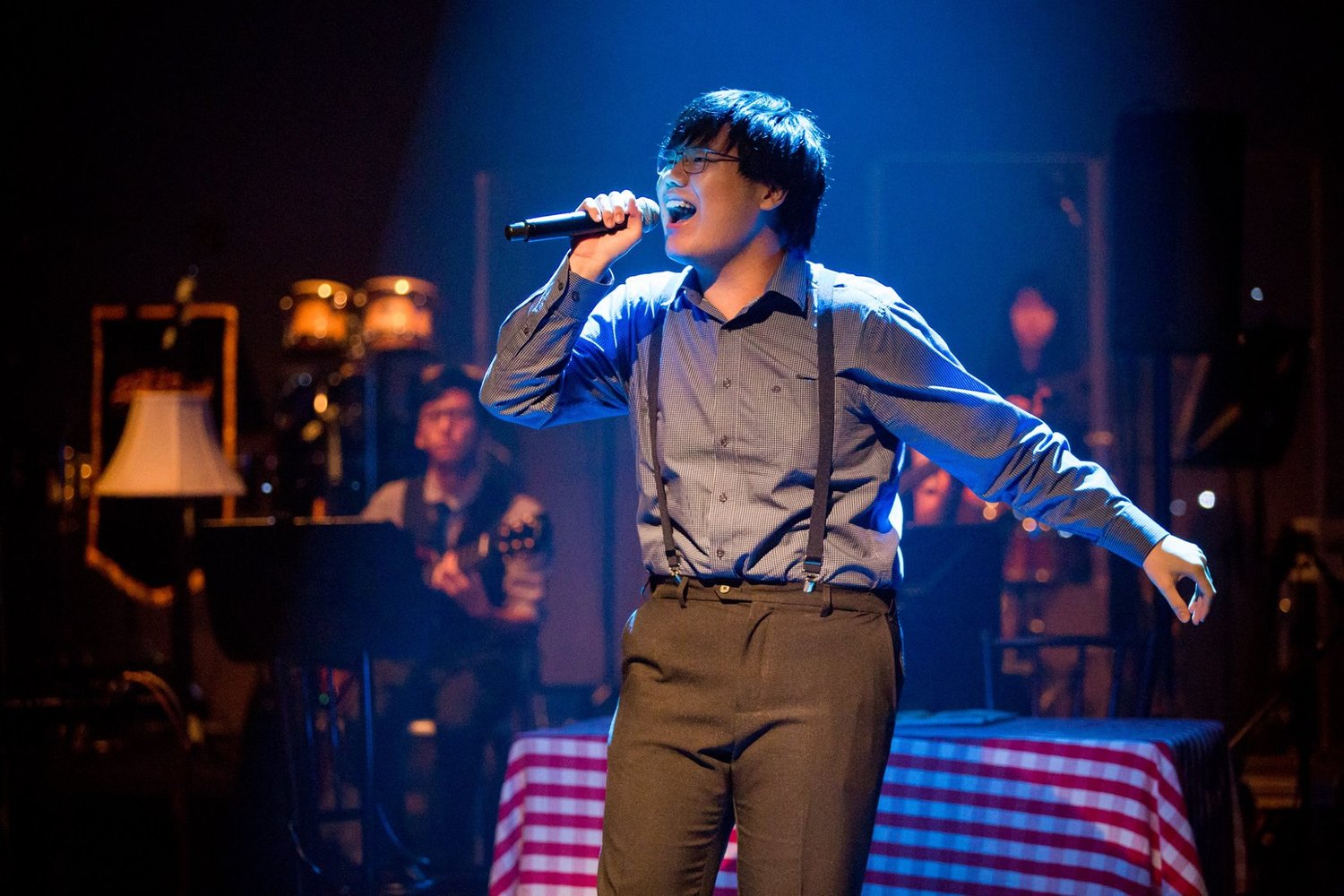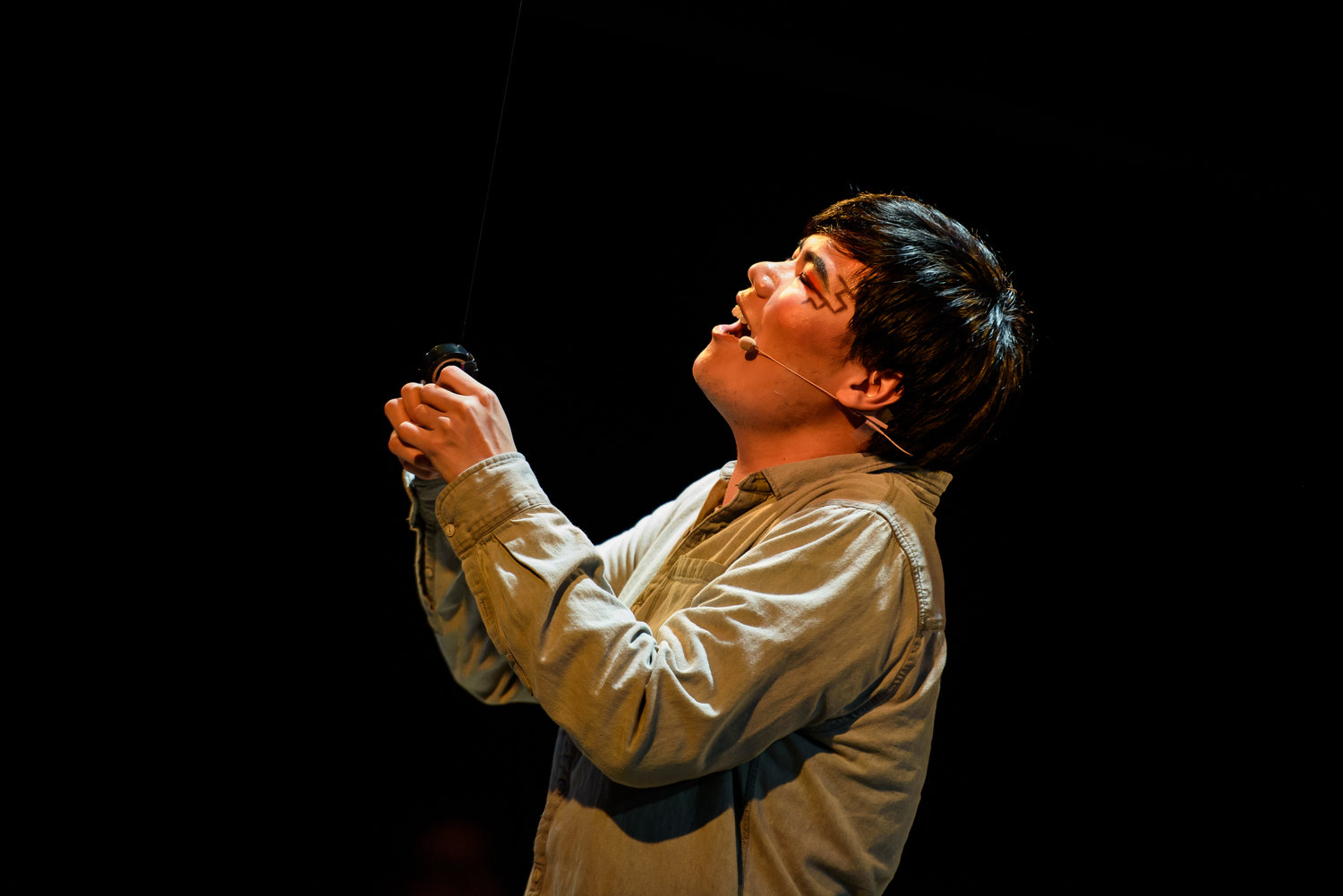What makes an efficient practice session for you?
I use a trick where I practise for 30 minutes, then take a 10-minute break. And it has to be a disciplined break such as taking a walk and having a conversation with someone, reading a book, or doing a bit of homework – not just playing on your phone. Then I go back to another 30 minutes of practice. I find that this makes my mind the most efficient rather than burning long blocks of time. Other than that, my practice methods are also specific to the piece and situation.
What are important qualities of a good musician to you?
I feel that you need to be open to new experiences beyond your major, and learn to understand and like different things. Time management is also very important! It’s really important to have time for yourself and know when to take a break – even if it means having half a day to feel centred again. I believe a musician needs a certain amount of time to be bored – boredom sparks creativity and serves as a reset button.
We know you sang as a cast member in Fix(,) the Musical, and also sing jazz outside of being a classical pianist. Tell us about it!
Before Fix I had sung R&B and soul, but this was my first time singing in a musical. We rehearsed for three to six hours a week on top of regular schoolwork; sometimes we even rehearsed at 6.00am because no other time fit all our schedules! It truly took everyone’s 100% for the musical to work. The experience also helped my performance anxiety – when you have to be in the zone and in character, nothing else matters.
Up till my final year, I’ve also been singing in the NUS Jazz Band. Doing things outside of my major is liberating – there’s less pressure and more freedom. It also makes me a better classical musician. Becoming a jazz singer helped my rhythm a lot. It takes an even stronger sense of pulse to be rhythmically free while still connecting with the band!





